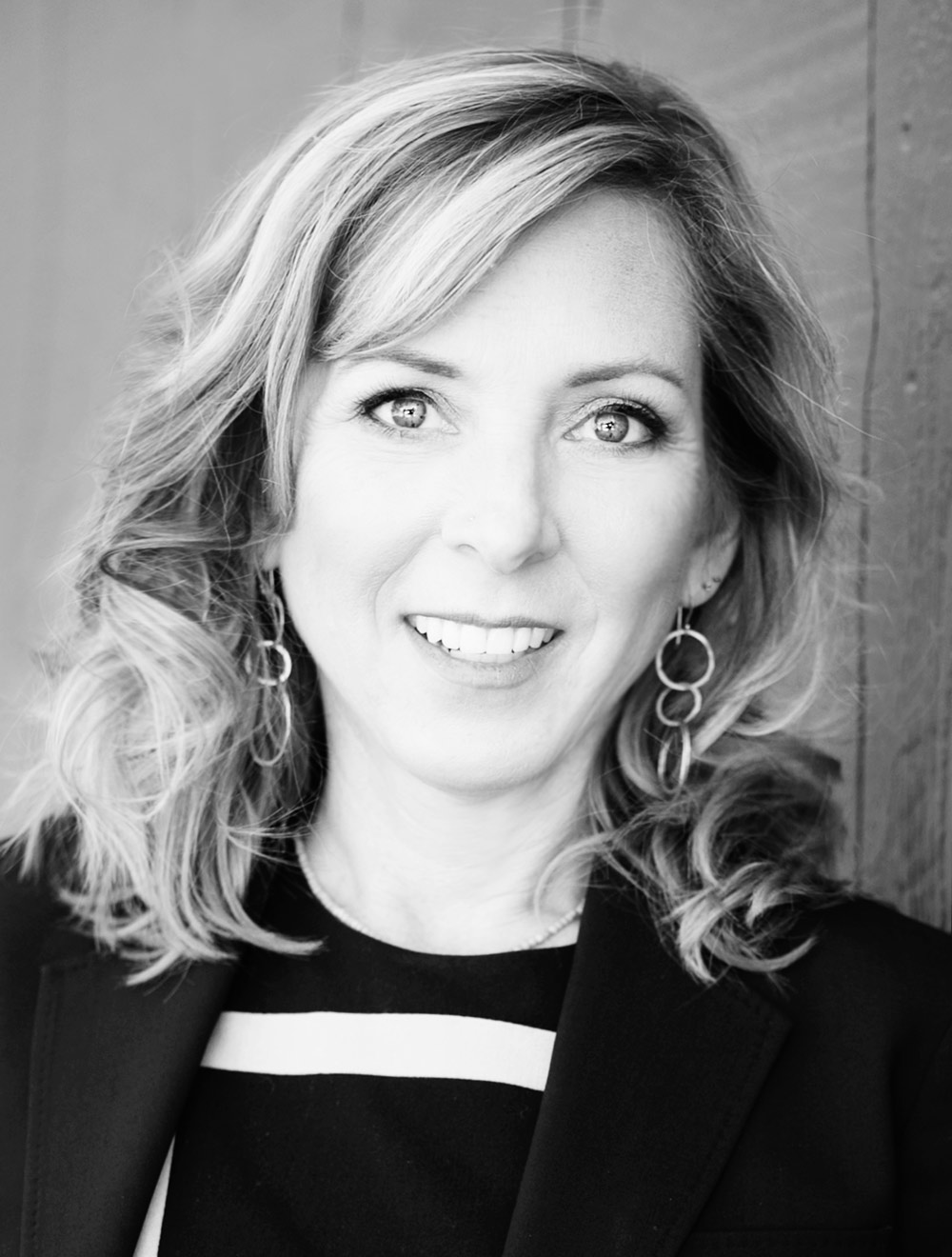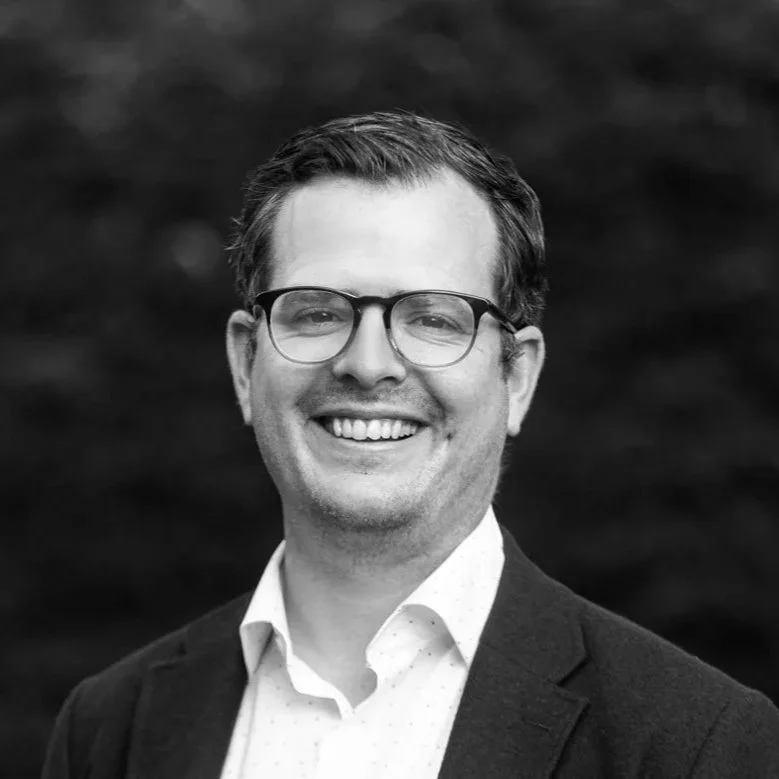Kristin Hull On Impact Investing In The Social Enterprise Sector
Kristin is an activist, change-agent and conscious investor. She is founder and CEO of Nia Impact Advisors, a women-led Impact advisory firm assisting clients to align their assets with their values. At Nia, she works to bring Impact Investing to public markets via their gender-lens, solutions-focused portfolios.
Actively working to change the face of finance, and to leverage financial resources for social change, Kristin founded Nia Community Investments in 2010 and co-founded Impact Hub Oakland in 2012. She co-founded The North Oakland Community Charter School and served on the founding board of George Mark Children’s House.
Kristin currently serves on the board of several non-profit organisations and is an advisor to several start up companies.
She is the author of the Money Doula blog. Her book exploring diversity and innovation in impact investing, Voices From the Field, is forthcoming.
Kristin earned her BA and teaching credentials at Tufts University, her MA in Research in Bilingual Education from Stanford University and a PhD in Urban Education and Social Change from UC Berkeley. She lives in Piedmont, California with her 3 kids, their dog Stella and 4 chickens.
Kristin shares knowledge she has learnt from impact investing, talks about inequality in the U.S. Entrepreneurship space and highlights the advantages of diversity in leadership teams.
Highlights from the interview (listen to the podcast for full details)
[Tom Allen] - To kick off Kristin, could you please share a bit about your background and what led you into the world of impact investing and advising? [2:46]
[Kristin Hull] - I entered into the impact space in 2007 when I was in charge of a family foundation. We were looking to align some of our assets toward our mission. When I found out that the endowment was 95% of our impact and we had been concentrating on the grants side, it was a big motivator for me to think about how we could do it 100%. I helped move all the investments into 7 different community banks so that we were 100% impact invested in 2007. In the U.S. that was significant because in 2008 all of the markets went down and so we were doing quite well. It was a fun place to be when we were 100% impact invested and doing better financially. That was the impetus for me to stay in this field and really grow it.
Please tell us more about Nia Invest and the Nia Community Fund. What are their missions and who do you typically work with? [3:49]
I founded Nia Community Investments in 2010. That's a 100% impact portfolio. It's really meant to be a teaching portfolio so we have investments in every type of asset class looking at really trying to figure out how we can have the most impact and then show that as a sample to other people who are looking to this journey. [Kristin explains more about her situation when she was doing that and what she learnt which led her to starting Nia Global Solutions.]
It's about how we could bring the highest impact investing into the public markets and keep the very best qualities of the public markets, which are really originally crowdsourced/crowdfunding. Then we also get daily liquidity because stocks can get bought and sold each day for different uses.
For me gender, inclusion and diversity were part of the solution.
What comes with that product that's different to a lot of purchases in public equities is our activism. We are actively involved with every company and trying to encourage them all to do as good as they can.
When we spoke to Tom Dawkins, he highlighted how he believes impact investing of the ‘risk tolerant’ variety is missing from the social enterprise sector. Do you agree with this from where you’re based in Oakland? [5:34]
I really believe that those people who are able to do impact investing right now are the ones that need to take a risk. To help us prove out some of the concepts.
I also ask people sometimes...
What is the risk of us not doing this investment? What if we don't help this idea get off the ground?
Risk is an interesting question about how we think of it as investors. A lot of the principles we bring to Nia Global Solutions actually de-risk some of the investments by being focussed on the solutions on the companies that are needed to transition us to the next fair, just and sustainable economy. We're actually de-risking getting involved with those companies.
Similarly, those companies that have diversity in leadership often perform better financially.
So some of these concepts, by bringing in more impact, you're actually de-risking some of the investment philosophy.
What advice would you give to social entrepreneurs/startups looking to get investment to help them scale, grow and maximise their impact? [6:50]
Entrepreneurship is hard work and we know that. We're in it. It's not always about the money, but to make an impact and make a difference, yet you need to get funding to scale your business.
Starting with a diverse team is really helpful. If you can bake in inclusion from the beginning, investors like to see that.
The investment quality in the business stands to do so much better if your initial founding team has some diversity to it.
If you could have some clients or some sort of revenue before you take it to market that's always helpful.
People want to see the concept being played out and have you tested it a little bit. That's good to do before talking to investors.
What advice would you give to the budding social entrepreneurs listening, who have an idea but are unsure of how to get their idea off the ground? [7:51]
Getting good partnership.
Entrepreneurship is hard. I wouldn't do things by yourself.
You always want to have someone; a companion a partner who is going to work on this with you - a diverse team again. Then friends and family to the extent that you can try out your ideas in your own community, that's the best way to start.
What are some of the challenges you typically experience in the various roles you work in and how do you work around them? [8:23]
The biggest challenge is the status quo. We've all gotten into our patterns. People are busy to change spending habits, investing habits and ways of thinking that will help us all be more sustainable and inclusive.
I think people really want to do that but something more convenient wins out at the end of the day. One example is our banking. If we were to all bank at our local banks and credit unions we wouldn't have some of the big problems that our big banks are causing.
That's probably one of our biggest challenges; getting our money aligned with our goals and values.
What do you believe are the best ways to measure the social impact of a project? [9:28]
There are so many ways to measure. I think we started out seeing how many jobs a business might provide or how many trees are planted, but now the nuances of measuring impact are huge. I normally think about where the money is going. Is it going into a neighbourhood that normally wouldn't receive this type of revenue or activity? I'm also looking for founders that are outside of the 96%.
In the U.S. 96% of venture capital money goes to males and less than 4% goes to women and less than 1% to people of colour.
As Co-Founder of Impact Hub Oakland, could you please share a little bit about some of the inspirational initiatives and entrepreneurs running from the space? [10:25]
We love nurturing entrepreneurs and startup businesses and that's why we set out to do Impact Hub Oakland. In addition to being a co-working space we're really building a community.
[Kristin explains some of the interesting initiatives listed below, such as Outdoor Afro, Better Ventures and Black Girls Code.]
We’ve seen huge growth in the amount of co-working spaces popping up around the world. Do you believe we’ve reached saturation? [11:34]
By no means have we. Bringing people together just scale wise and sustainability wise, lowering our footprint, it's nice to share a kitchen or conference room. The big benefit though is when we can share other resources. So, if you have a legal plan that might be suitable to me or if you know different ways to market your business, sometimes my clients might be great clients for you.
Bringing people together and sharing, I think is what's going to be part of our solution moving forward.
I'd like to see more co-working spaces like Impact Hub opened.
Which countries do you believe are leading the charge when it comes to the support and implementation of social innovation programs that transform communities and what can we learn from them? [12:32]
I'm really based in the U.S. and see what we're doing. Some of our support for entrepreneurs has been fabulous and yet we're seeing that there's a lot of discrimination in who gets to be a successful entrepreneur in the U.S. so I'd like to see those numbers change.
To finish off, could you please recommend 3 great books that you think would inspire our listeners?
[Kristin discusses the books listed below in detail.]
Initiatives and people mentioned in the podcast
Recommended books
- Get The Right Money From The Right Investors by Jenny Kassan
- The Clean Money Revolution by Joel Solomon
- Beautiful Trouble, A Toolbox For Revolution, assembled by Andrew Boyd









